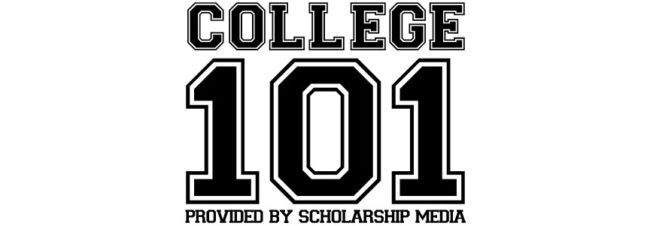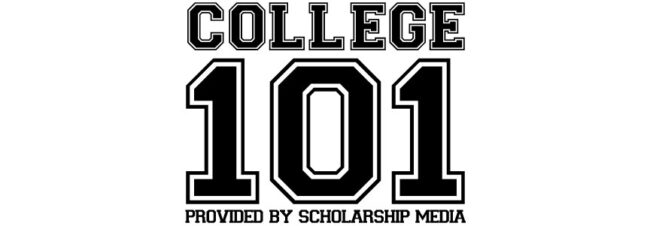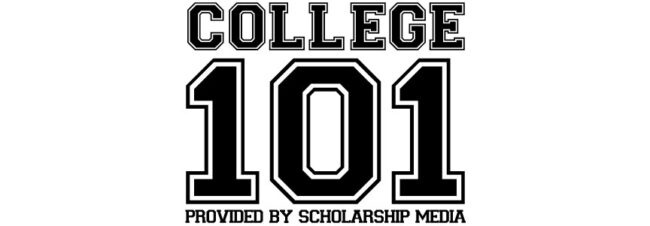I am a pre-law student at my university, and I am interested in medical law. I have always been passionate about medicine and helping people, and even though I’m not interested in being a doctor, I still want to pursue this in my professional life. I’m still a few years out from taking the LSATs, but I think I already know where I want to land. I know there are a lot of facets to this field. I am trying to figure out exactly what I want to specialize in. What are your recommendations to finding my niche in the field of medical law?
First, we want to stress that there is no pressure to figuring everything out right now. You say that you are a few years out from taking the LSATs. After that, you will also have a few years of law school to determine which field you want to specialize in. Magoosh, which designs LSAT courses and study plans, notes that a gap year can help you make contacts with attorneys in the area of law that you may want to practice under. You could work as a paralegal, legal assistant, or research analyst. You will have the chance to get to know your chosen area of law and save up a little money before packing your briefcase with cases and legal briefs. It can be especially helpful to take a gap year working at somewhere other than a law firm — such as a think tank — to know how medical law effects and is affected by other fields.
Fields of medical law generally include medical malpractice and public health, and lawyers in the field work with patients, doctors, hospitals, ethicists, and policymakers. According to legal resources, medical malpractice law governs the liability of doctors and other treatment providers when they cause harm to a patient by rendering their services in a negligent manner. When a doctor makes a mistake and harms the patient, the patient has a right to sue. This is an important incentive for doctors to be extremely careful. But still, according to the Davis Kelin Law Firm, a group of Albuquerque medical malpractice attorneys, 20 percent of patients treated in hospitals are subject to some form of preventable medical error. Medical malpractice law ensures that the sometimes catastrophic errors in our medical system are justly punished.
Public health law, on the other hand, focuses on the interaction of the legal system on public health. The Public Health Law Center lists a few of the common legal issues in public health. They include issues with the First Amendment, Commercial Speech Doctrine, Forum Analysis, Preemption, and the Equal Protection Amendments. For example, a college may institute a ban on smoking in groups in public places. Yet, the First Amendment to the US Constitution protects the right to peaceful assembly. Does the ban on smoking in groups violate that right? These are the types of questions practitioners of public health law would ponder over.
US News and World Report lists some of the best schools for Health Care law, which include St. Louis University, the University of Houston, and Georgia State University. Any of these schools will help set you up for a career in medical law, but the truth is that you are responsible for carving out the career path that you want.
If you seek out work that makes you excited, you will be sure to succeed. And if you learn that medical law isn’t as exciting as you once thought it was, that is okay! You have enough time ahead of you, and lots of paths to explore.





















